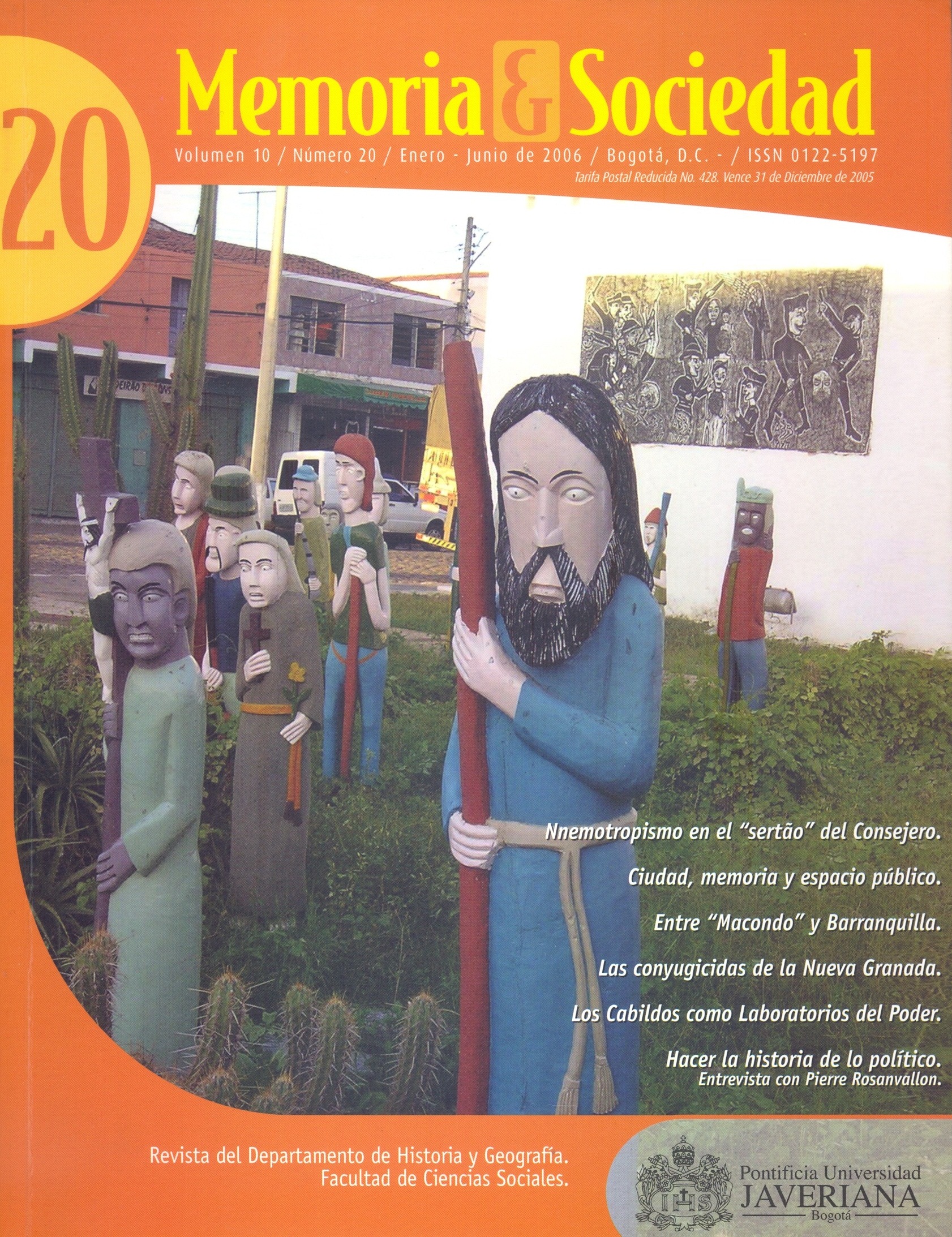Abstract
This essay examines the case of the Italian immigration in the Colombian Caribbean region between the ends of the nineteen century to the Second World War. The analysis of the Italian and Colombian sources of different nature- bibliographic, documents files, literary, iconographies, oral- let to reconstruct the experiences of the Italian community in Barranquilla and in other areas as the banana plantation region as Calabria, Basilicata, and Campania and with an urban character which had an emphasis in the business activity, being composed by artisans and small rural owners, who were often political guided. Between the two world wars, the socialist inspiration of many immigrants were in conflict with the fascist organization project of the established Italians abroad, while their social upgrade- in craft, trade and industry-open many times the way to attaches to the freemasonry and contributes in an special way to modernize the reception zones.The journal Memoria y Sociedad is registered under a Creative Commons Attribution 4.0 International Public License. Thus, this work may be reproduced, distributed, and publicly shared in digital format, as long as the names of the authors and Pontificia Universidad Javeriana are acknowledged. Others are allowed to quote, adapt, transform, auto-archive, republish, and create based on this material, for any purpose (even commercial ones), provided the authorship is duly acknowledged, a link to the original work is provided, and it is specified if changes have been made. Pontificia Universidad Javeriana does not hold the rights of published works and the authors are solely responsible for the contents of their works; they keep the moral, intellectual, privacy, and publicity rights.
Approving the intervention of the work (review, copy-editing, translation, layout) and the following outreach, are granted through an use license and not through an assignment of rights. This means the journal and Pontificia Universidad Javeriana cannot be held responsible for any ethical malpractice by the authors. As a consequence of the protection granted by the use license, the journal is not required to publish recantations or modify information already published, unless the errata stems from the editorial management process. Publishing contents in this journal does not generate royalties for contributors.

